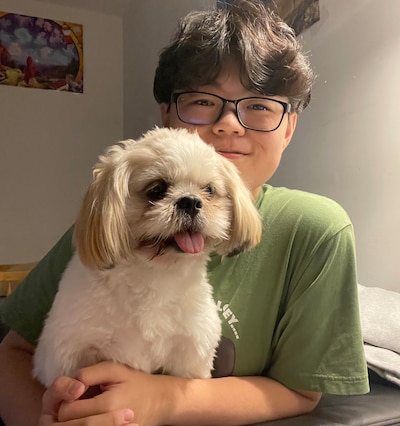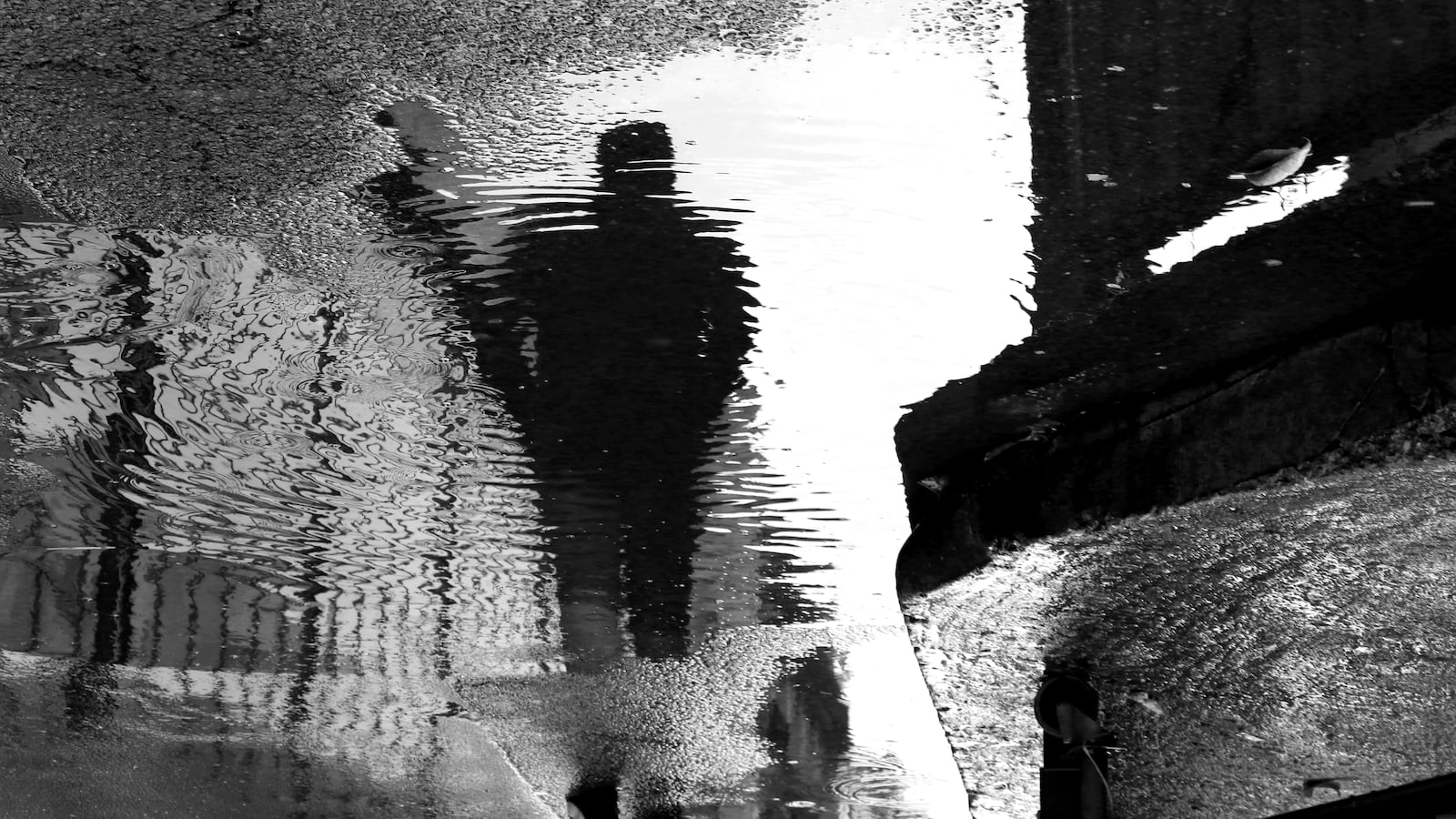Content warning: This essay discusses eating disorders. If you or someone you know is suffering from an eating disorder, call the National Alliance for Eating Disorders Helpline at 866-662-1235, 9 a.m.-7 p.m. ET, Monday-Friday.
On June 30, I stood on the scale in the doctor’s office. My heart pounded as I waited for the moment that always dug its claws into my confidence. My eyes widened as I took in the number on the scale. I felt like my body was going to cave in on itself.
My struggle with weight did not germinate overnight. It was something I’d battled my whole life. I had always lived in a larger body. However, my doctor’s appointment that day ignited 16 years of negative emotions, leaving me feeling paralyzed. Even if I attempted to downplay the situation in front of nurses, peers, and family members — I could not hide my humiliation.

Back in fifth grade, classmates would ask me how much I weighed. I would always brush it off, telling them such a high number that it was clear I was joking. It was easier to make light of the situation than to put an actual value to it. I feared being a laughingstock, so I wanted to be in on the joke.
Every year, as New Year’s approached, I would make a plan to lose weight, one of the most common resolutions. However, my weight loss goals were always unrealistic. Especially since I was a growing child, not Mr. Potato Head. And so, I would find myself back where I started.
After that June doctor’s appointment, though, I was set on proving to little Ocean that I could do it. I turned to extreme measures: counting, restricting, and overexercising. In doing so, I traded my overeating for something even worse. I lost weight rapidly — way too rapidly.
Though I received positive feedback about my changing appearance, I was still unsatisfied with my reflection. Despite everyone telling me how “good” I looked, I still wanted to hide my body. While many people who commented on my weight loss meant well, they did not understand the dangerous habits I was practicing — and what they were doing to me. I experienced constant mental fatigue and dizziness. I told myself I was getting healthy, but what I was really doing was spiraling downwards.
This all reached a breaking point on October 6, 2024, when I fell on the hardwood floor, too weak from lack of nourishment. Fortunately, this incident happened in my living room and not on the jagged concrete outside. My energy was drained, but until the moment of my fall, I had willed myself to push through. That day, I blacked out and had to miss school the next day.
When I returned to my pediatrician after the fall, he was shocked by my dramatic weight loss. I had dropped weight so fast that my doctor warned me about the life-threatening effects of extreme dieting.
When people think about crash diets and about eating and body image disorders, such as anorexia, bulimia, and body dysmorphia, teen girls may come to mind. And while women and girls make up the majority of those with eating disorders, men and boys account for about a third of cases — and the signs are frequently missed. To me, it makes sense — and not just because I’ve lived it. We all exist in the same diet culture, and we often don’t consider the health consequences of chasing after what social media and celebrity culture deem an “ideal” body. This is much more alarming to think about because I am one of millions of teens who attempt to diet every year. A portion of these teens will develop severe eating disorders, which studies showed became significantly more prevalent during the pandemic.
As crazy as it may seem, I am thankful for what happened on October 6. Had I not fallen down, I could have gone down a darker path, developing a more severe condition, and thus putting me at higher risk for self-harm.
Just like that number on the scale was a wake-up call to me, so, too, was my fall. This time, I recognized the dire need to repair my relationship with food.
I have since looked into intuitive eating, a non-diet approach that focuses on listening to your body’s hunger and fullness cues. But what did it mean to “listen to myself?” Growing up, I ate excessively — too much and too quickly — and then, for months earlier this year, I barely ate at all.
My goal now is to maintain healthy habits — to find a balance between eating when I am hungry and stopping when I am full. Despite everything, the journey is ongoing as insecurity manages to follow me.
For many, eating disorders can be a long-term struggle, and I would be lying if I said that everything was all right just three months after my fall. In reality, it is not. There’s still shame and still fear of regaining weight. I still have to fight the urge to weigh myself after every meal. Nonetheless, I have seen the positive impacts of intuitive eating on my mental health. By taking it one step at a time, I know that eventually, I’ll reach a point when I can look in the mirror and feel proud of what I see.
My body has gotten me this far, and it is only right for me to treat it with care and consideration.
Ocean Lin is a junior who wants to pursue a career in chemistry. He hopes to make a difference and share authentic stories despite living in a society that expects conformity. He started the Instagram poetry account Tide Tales to give marginalized groups a platform for creative self-expression.


